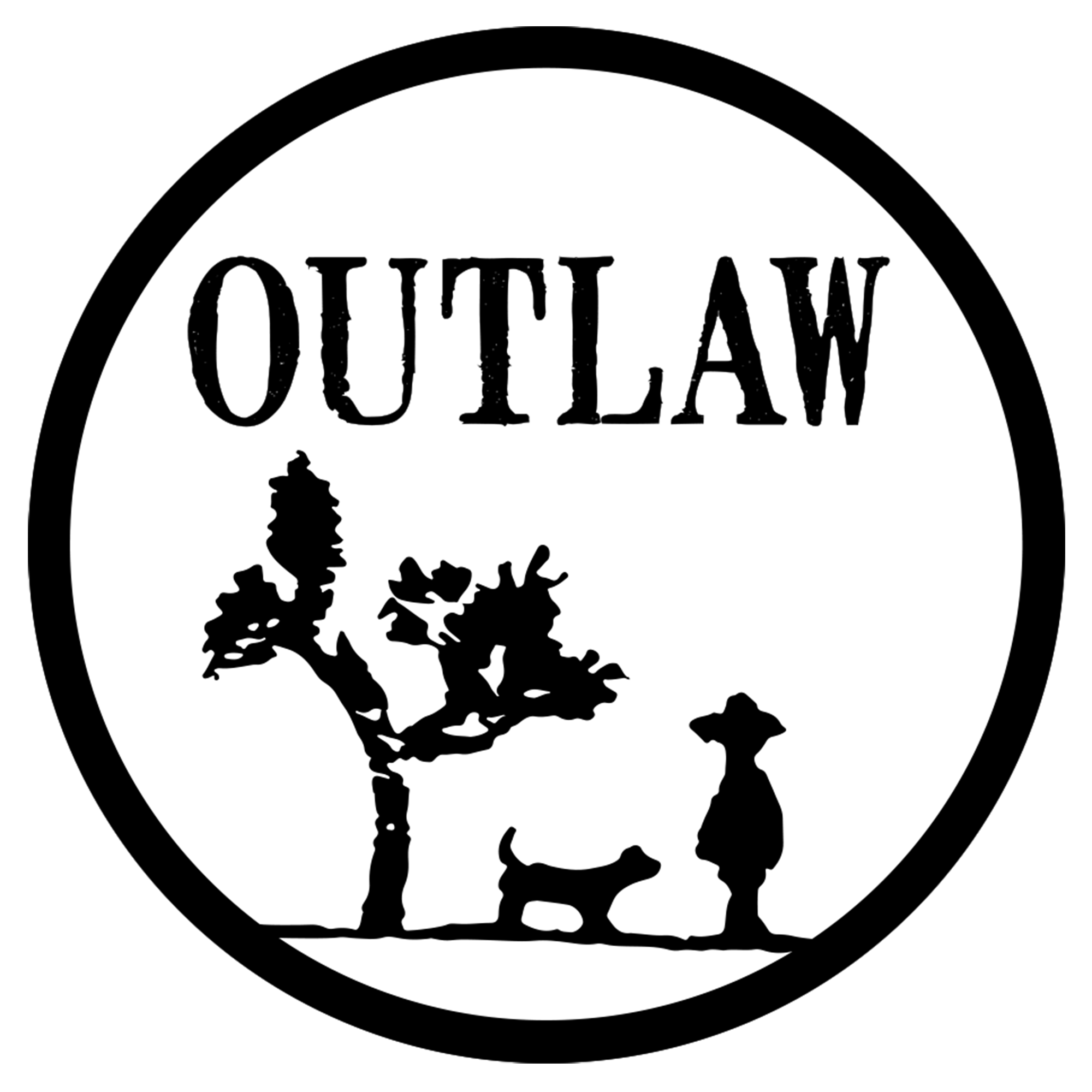What ingredients are used, and what is the process behind our handmade soap?Updated 2 years ago
How is Soap Made?
Soap is the chemical result of fats (oils, in our case... and the occasional bacon fat) and lye (sodium hydroxide) mixing together. Some people are uncomfortable with the idea that lye, one of the most caustic chemicals around, goes into a product we all expect to be gentle and, you know, not skin burny offy. But that's how all handmade cold process (our process) and hot process soap is made.
When properly mixed, the oils and lye react completely to create soap. Once the soap is cut into bars, we set it on a curing rack so the oils and lye have enough time to complete their reaction (you can technically use soap before it's done curing and we have done this, but it's not recommended).
The curing process takes about a month, during which time the oil and lye become completely saponified and the water evaporates out of the soap. This results in a harder bar (won't dissolve as quickly in the shower) and a mellower bar.
This drives Ms. Instant Gratification (me) totally insane, because we have all this lovely, nice smelling stuff around that we're not supposed to touch. So when people say they don't use soap with lye, they're not using soap.
If you're recalling a time in Girl Scouts when you made soap and didn't use lye, you likely made a "melt-and-pour" soap. This is just pre-mixed soap that you melt down and pour into molds (yeah, they didn't name it too creatively). It still has lye, but the lye has already reacted with the oils.
Want to learn more about making soap or having a handmade soap business? Kenna at Modern Soapmaking will help you out. (sorry, we can't give instruction to budding soaprepreneurs)
Our Cold Process Soap Ingredients
All of our soaps are vegan unless explicitly noted on the description. Occasionally our friends donate fat from their cooking, and we're happy to use this (waste not, want not!), but it will be really clear in the description.
We have found a recipe we like, so pretty much all our soap is the same. That keeps things simple. The recipe is coconut oil, avocado oil, castor oil, olive oil, water, lye, fragrance oils, and coloring (and glitter, mica, or rubber chickens as appropriate).
We use fragrance oils instead of essential oils. This is because the fragrances we want (like campfire) don't have "essences" to make oil from. Fragrance oils are synthetically formulated to trick your brain. Scientists (not us) can make fragrance oils smell like darn near anything, which is why we have so much fun with them. Essential oils, on the other hand, can only smell like things you can get "essences" from, like botanicals.
People have asked about how fragrance oils are made. I have no idea. All I know is that ours are graded safe for soap. Whenever possible, we buy the fragrance oils directly from the manufacturer so we know who we are working with.
Some people want all natural products or would like the medicinal benefits of essential oils, and that's super cool, yo. There are tons of cold-process handmade soap companies that use essential oils (though I might point out that most of the medicinal benefits probably are obliterated by the lye). Have at it.
We are focused on creating a unique and evocative bathing experience, so we use fragrance oils. If you order a custom bar, we'll put whatever the heck you want in it (as long as it is a stable and safe soap). The decision to use fragrance oils instead of essential oils isn't a philosophical thing for us, it's entirely practical.
Cruelty: We Only Test on Humans
There are plenty of good humans who want to test out our soap. We don't need to put any pets through baths they don't want or need in the interest of seeing how our soaps work. We've got a whole army of people out there testing our soap and letting us know if it bleeds, if it lathers, if it smells ok, and most importantly, if it burns off your face like in Indiana Jones when people look at the Ark of the Covenant (we haven't had that happen yet).
